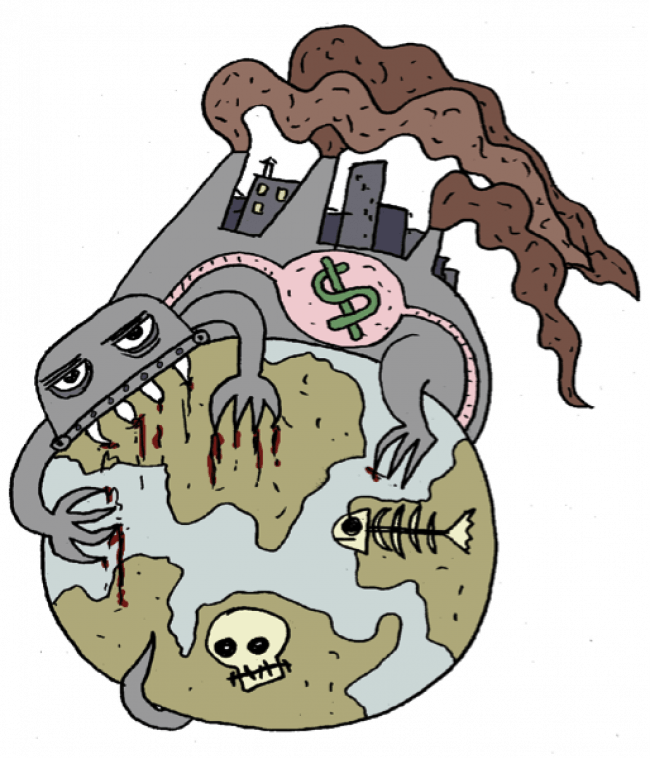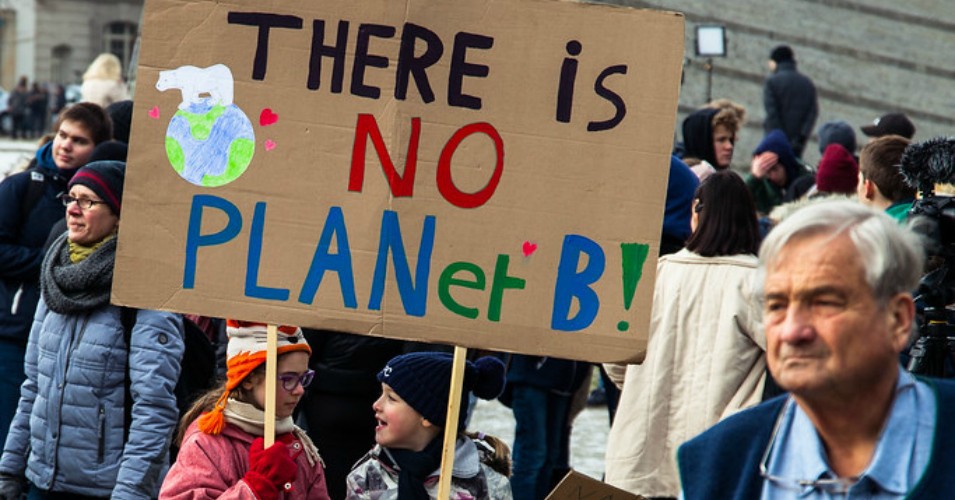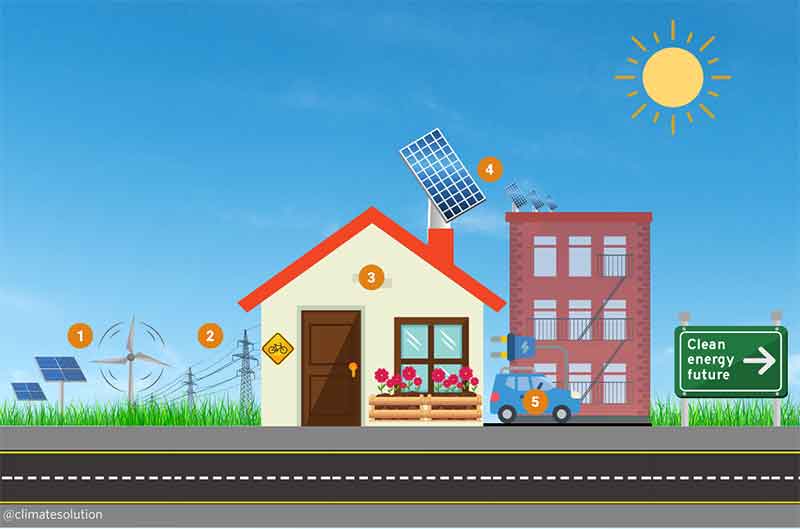
After a decade in the climate movement, one tends to get pretty good at avoiding the clawing hands of despair. It’s not that they’re not there, of course—the fear and anxiety that come with knowing that we’re living through the most consequential years in history, and that we’re doing nowhere near enough with them, are always there, lurking in the background of one’s consciousness. But, most of the time, that’s where those gremlins stay: in the background. Compartmentalization as survival skill, as an active and informed choice. It’s the only way that many climate organizers can get up every day, never mind carry on doing the critical work of building a movement broad enough to end the fossil fuel era.
This week, however, the doors were blown off my compartmentalization and the fears and anxiety came flooding in.
Not only is it okay to be angry at the institutions and people pushing us toward irreparable ecological breakdown, it’s essential.
For those of us working to get banks to stop financing fossil fuel expansion, pushing the banks’ investors to support climate action has emerged as a key strategy in recent years. Developing that strategy requires taking a long, hard look under the hood of capitalism. It requires learning things such as the fact that just seven companies—BlackRock, Vanguard, State Street, Fidelity, Berkshire Hathaway, JP Morgan, and Morgan Stanley—collectively own 24% of Citibank, 36% of Bank of America, and 27% of Wells Fargo. It requires learning that state pension funds own substantial shares in fossil fuel-financing banks. The Washington State pension fund, for example, has $1.4 billion in the four largest US banks that make up the world’s four largest funders of fossil fuels; the two big Californian pensions have $9 billion.
At the 2022 shareholder meetings of the big U.S.-based fossil banks between 9% and 13% of investors supported a shareholder resolution urging the banks to immediately end financing for fossil fuel expansion. It was a demand that was in line with what the International Energy Agency has stated is required to give us a 50 percent chance of limiting global warming to 1.5°C.
This year, the resolutions were reintroduced but, based on feedback from shareholders, they were substantially modified. The resolutions no longer called for an immediate cessation of financing for oil and gas expansion. Instead, they called for the banks to plan a “time-bound, phase-out” of such financing. The timeline for the phaseout and the particulars of the policy were to be left to bank management. These changes were made in order to garner increased support from investors. Instead, the opposite happened. Investor support declined at Citi from 12.8% to 9.49%; at Bank of America support plunged from 11% to 7%—which if every investor voted would mean $9.4 billion fewer Bank of America shares voted to end funding for fossil expansion in 2023 than in 2022.
In the last twelve months, one-third of Pakistan has been submerged in flooding that killed thousands and displaced millions. Prolonged heat waves and drought have exacerbated a global food shortage that has raised the number of people living with food insecurity from 440 million to 1.6 billion. The Intergovernmental Panel on Climate Change has released a desperate warning of approaching climate cliffs, and fears have emerged of the impending collapse of oceanic currents critical to Earth’s climate system.














































